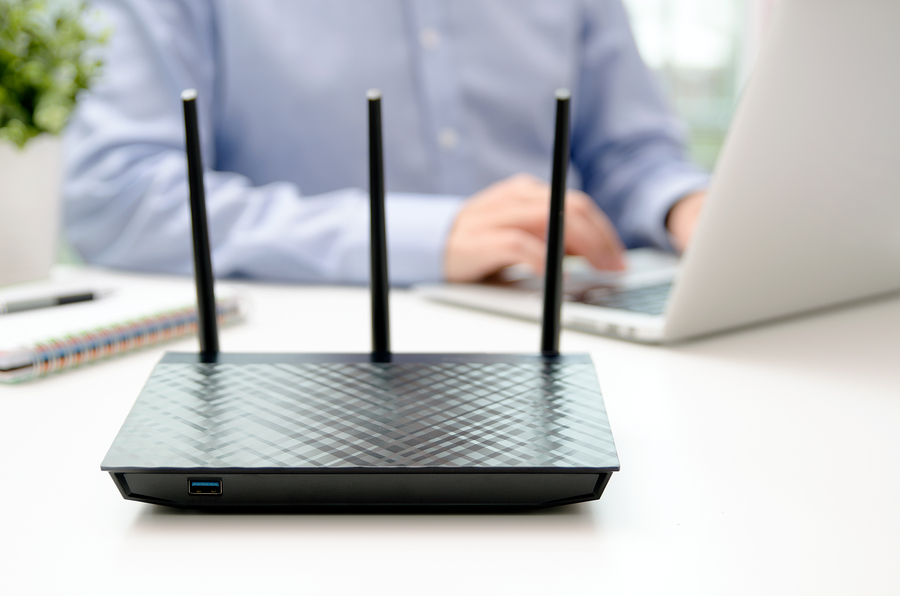Getting a Wi-Fi connection at home is a lot easier today than it was in the past. Internet service providers of all types will often offer a wireless router as an extra you can add to your basic internet subscription, and if you decide to set up a router yourself they’re relatively cheap and easy to set up, especially compared to older models.
But why bother going through the time and expense of getting this router instead of using cable connections to hook up all the computers and other online-enabled devices in your home? And why get an internet connection at all when you could rely on the data plan you have with your phone provider? There are several good reasons why your home should have a Wi-Fi connection.
Cost Savings
With so many people using smartphones every day to make calls, send texts, check social media sites, and watch online videos, cellphone companies have a hard time keeping up with their bandwidth demands. That’s why they usually only give you a certain amount of data per month as part of your basic plan costs, and if you use more than that the fees will start piling up very quickly. On the other hand, cable and fiber-based internet service providers give you a set monthly fee no matter how much time you spend online.
No Extra Cable Installations
It’s expensive and time-consuming to run Ethernet cables through a house so that every room has a place where you can plug your computer into the internet connection. It’s no real problem to add them to a house built today, but it’s a lot of trouble to add them to a house or an apartment building constructed in the 1990s or earlier. Fortunately, modern Wi-Fi speeds are just as fast as a physical connection, so by adding a wireless router to a central modem and attaching a wireless receiver to your computer (assuming it doesn’t have one built in) you can completely avoid the problem.
The Internet Of Things
A growing number of household toys, appliances, and other devices are making use of internet connections. To keep things small and mobile, these devices are using Wi-Fi connections. As such, if you want to make full use of them, you have to have a wireless router handy so the device can hook up.
For all these reasons and more, it’s very common today for home internet users to have a wireless router, whether they get it direct from internet service providers or whether they install one of their own. It saves money, it improves connectivity, and thanks to modern connections it’s just as fast as a physical cable. All in all, a wireless router deserves to be a part of any home internet setup.

